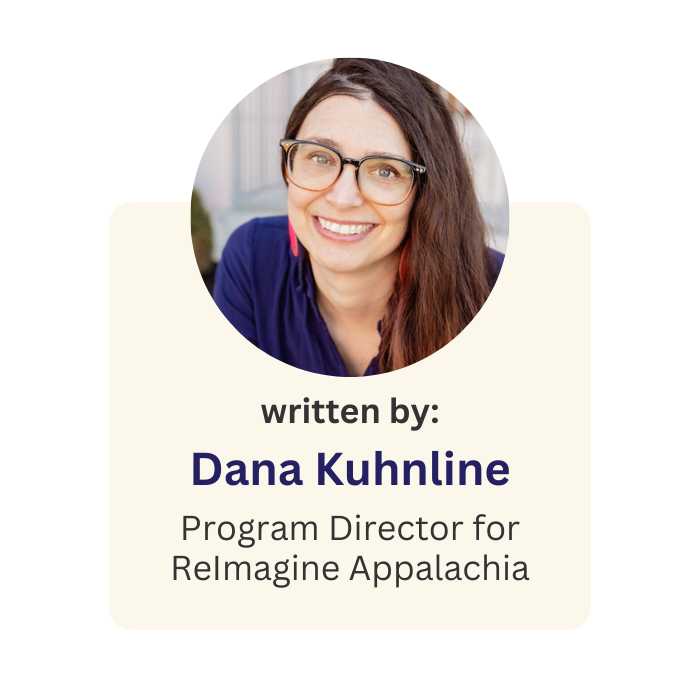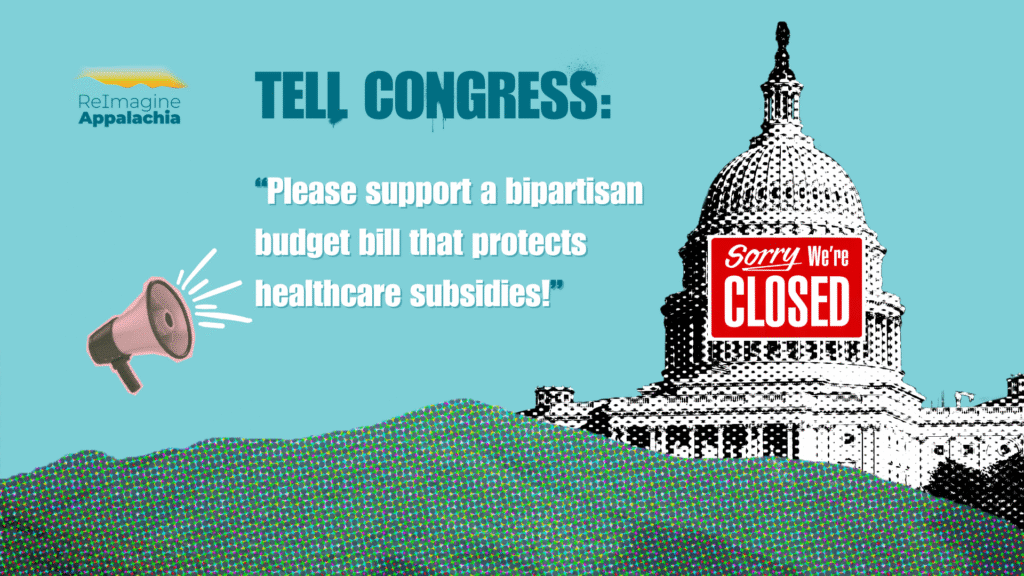
October 24, 2025
New complications emerge as we enter the fourth week of the government shutdown.
As you may have heard, the Senate has held a number of votes on the House Republican approved stopgap funding bill. On November 21st, that stopgap funding bill would expire. So, even if that House GOP bill were to pass in the next couple of days, it wouldn’t even keep the government open for a month.
So, we’ll keep looking to Congress to see if negotiations open up for a solution to the shutdown. You can encourage them to do so using our easy contact tool.
Take Action Here!
If you want to reach out to your members of Congress about this, we have created an easy tool for you here.
Affordable Care Act (Obamacare) COVID-era subsidies at risk
People already enrolled in ACA plans are starting to get notices from their insurance providers that their ACA COVID-era subsidies will expire, meaning their out-of-pocket premium payments will increase. The health policy research group KFF estimates that average out-of-pocket premium payments will double without the subsidies. Because insurers are required to send ACA enrollees renewal notices no later than November 1st, many are likely already dropping their health insurance. The Congressional Budget Office projects that nearly 4 million people will do this if subsidies expire.
CDFI Fund presumably eliminated
On October 10th, Trump fired all employees at the Community Development Financial Institutions (CDFI) Fund. The CDFI is a Treasury Department agency with broad bipartisan support that directs federal funding to community banks, credit unions, and other financial institutions in underserved communities to increase fair access to financial services. Terminations are expected to go into effect on December 13th.
CDFI funds have been critical for economic revitalization in Appalachia, where one-fourth of the region’s counties are classified as rural, and data show that they lag behind other counties across the U.S. of similar makeup. CDFI funds help residents purchase their first home or rebuild after a natural disaster, provide small businesses with loans to strengthen local economies, and assist local development projects.
ReImagine’s Programs Director, Dana Kuhnline, speaks with Joe Kennedy, Founder at Groundwork Project, about how the 2025 shutdown is likely to impact Appalachian communities. Watch the full interview here.
SNAP Contingency fund could extend food benefits through November regardless of whether or not the shutdown ends.
Appalachian states have issued warnings that food benefits could end in November if there is no swift resolution to the shutdown. However, benefits could potentially continue through most of November if the Administration releases the money in SNAP’s contingency fund. Nearly two-thirds of the funds needed for a full month of benefits are available in the fund. The administration has the legal authority to transfer money for nutrition programs to supplement that contingency fund.
Senate Republicans are also discussing voting on a bill, introduced by Missouri Sen. Josh Hawley that would fund SNAP benefits for the duration of the shutdown.
Other food programs at risk as we move into November include WIC and school lunch reimbursement programs.
Disaster Resilience in the Shutdown
NOAA, the National Weather Service, and FEMA are already operating at reduced capacity. Most National Weather Service forecasters are considered emergency employees and must continue working without pay through the shutdown. Money for FEMA is already dwindling, and additional funding would need congressional approval.
With just over a month left of hurricane season, the shutdown increases risk due to less accurate weather tracking and reduced ability to respond.Another related impact is the National Flood Insurance Program (NFIP) is on pause, meaning that those buying homes in flood zones have reduced options.
Impacts to businesses, farmers, and more
Other impacts that could affect the region include a lack of data, as key jobs data, agricultural data, construction sector reports and other reports are on pause, making it harder to predict economic planning for farmers and small business owners. In addition, USDA and Small Business Administration loan processing is on pause, during an important time of year for future planning.
What’s next
There’s a lot to keep track of, but ultimately we’re calling for the swift passage of a bipartisan spending bill that ensures American families can continue to access affordable healthcare, financing, and job opportunities in industries that do not contribute to pollution or the worsening climate crisis. You can demand Congress to take these things seriously by contacting your representative with our online letter form.
The Department of Energy has told employees to avoid using certain words, including “climate change,” “green” and “sustainable”.

